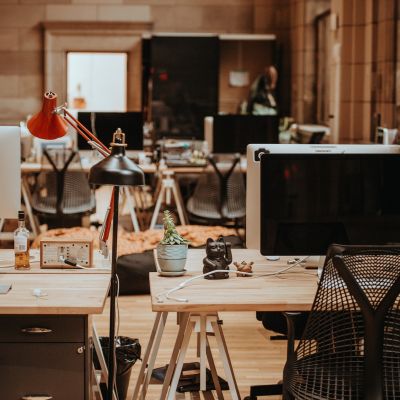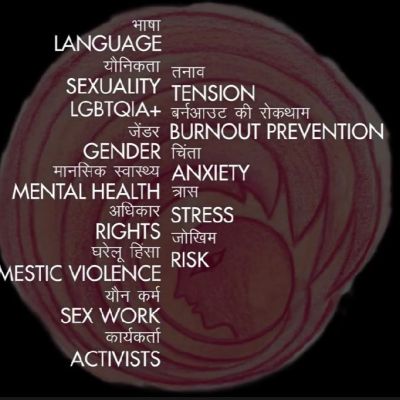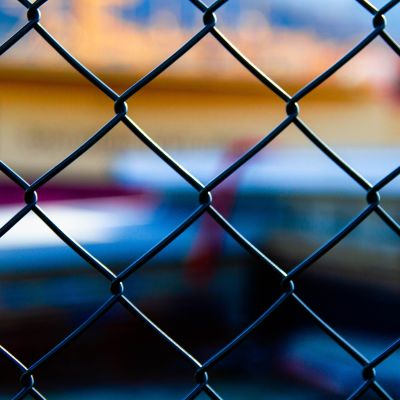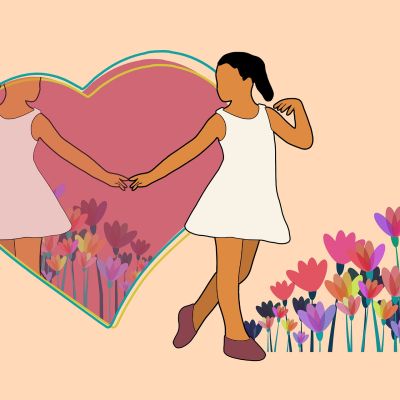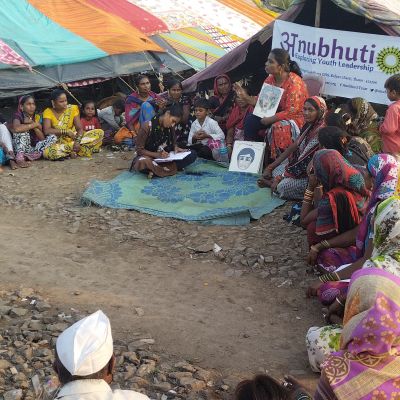Mental Health and Sexuality 2
The connection between mental and emotional wellbeing and stigmatised identities is perhaps most easily understood and therefore a good entry…
“It is no measure of health to be well adjusted to a profoundly sick society.” — J. Krishnamurti Sexuality for…
Conversations about stress, burnout and mental health have gained prominence, especially during and since the COVID-19 pandemic. But, what is stress and burnout?
A room of one’s own You couldn’t begin to say the self Before someone helps you finish — Self-centred Self-serving…
We need to recognise that mental health stressors that queer people face are not because something is inherently wrong with them.
I pride myself on being a fast learner. Yet it took me an embarrassingly long time to realise that shopping,…
A few days ago, in a telephonic conversation with my mother, I was made aware of the inadequacies of my…
In 2019, I was diagnosed with a chronic mental illness. “What is recovery and how do I find it?” was…
I went to a girls’ high school and for somebody who had spent the last ten years in a co-ed…
I distinctly remember an adult male member of my extended family saying, “Cover up your chest with a dupatta. You…
My foray of offering support in both the fields of sexual wellness and mental health was unplanned to say the…
Deepa Pawar is the Managing Trustee & Founder Director of Anubhuti Trust, and is well-known for her work with NT-DNT…
Mental health, much like physical health, is a state of wellbeing and not just the absence of disease or infirmity….
Darlings, a recent Netflix release featuring Alia Bhatt and Shefali Shah and their endearing performances, wins our hearts. In the…

